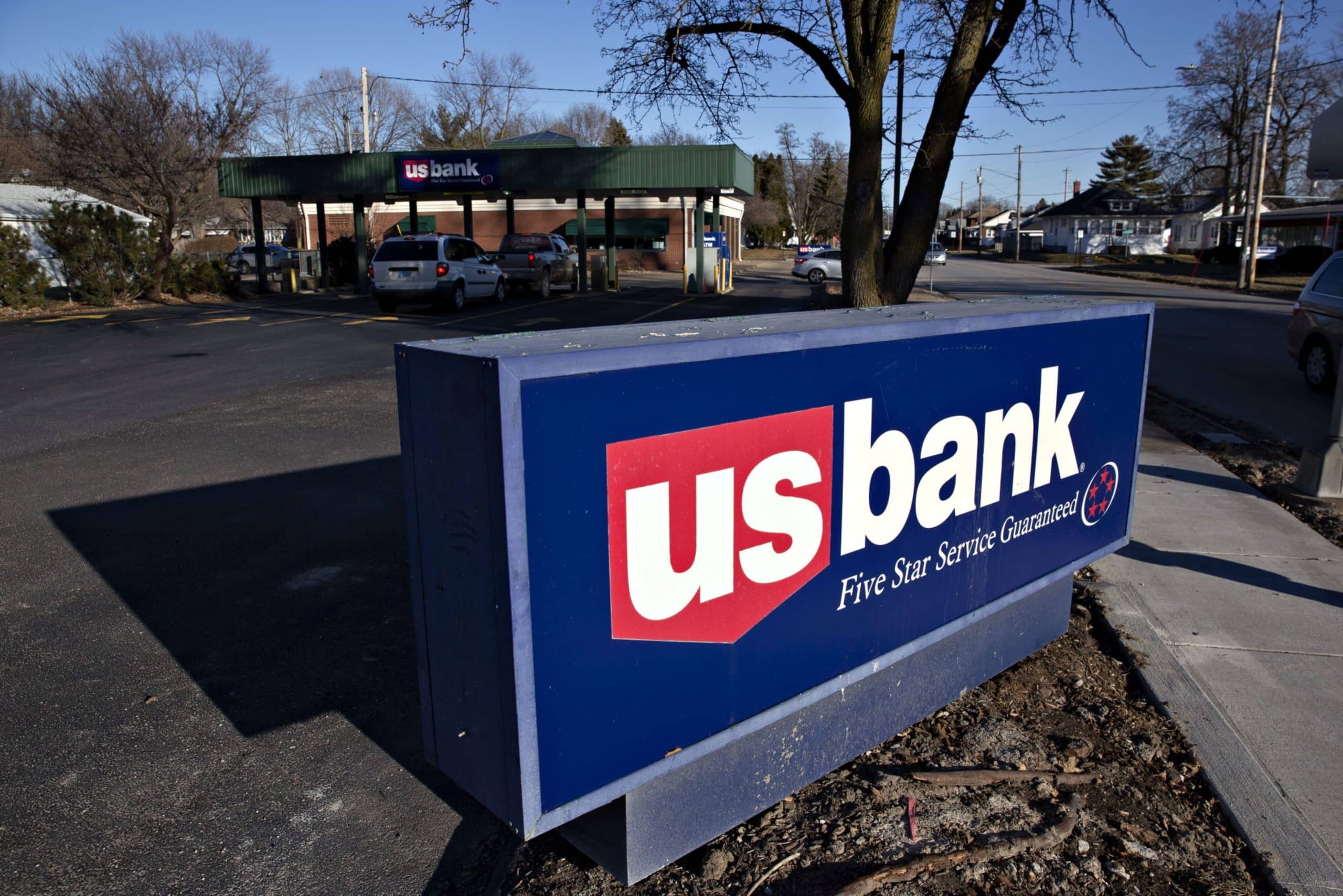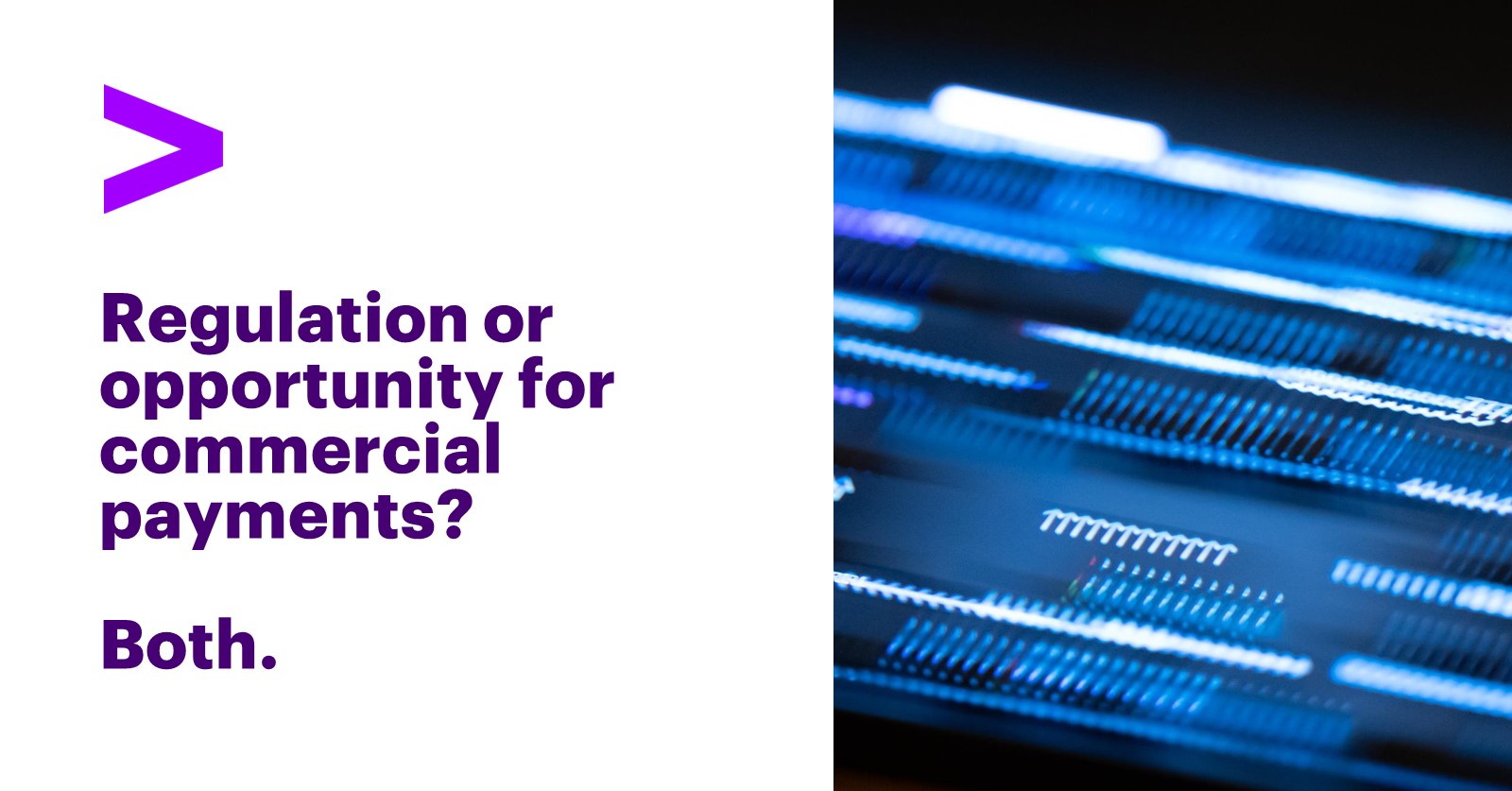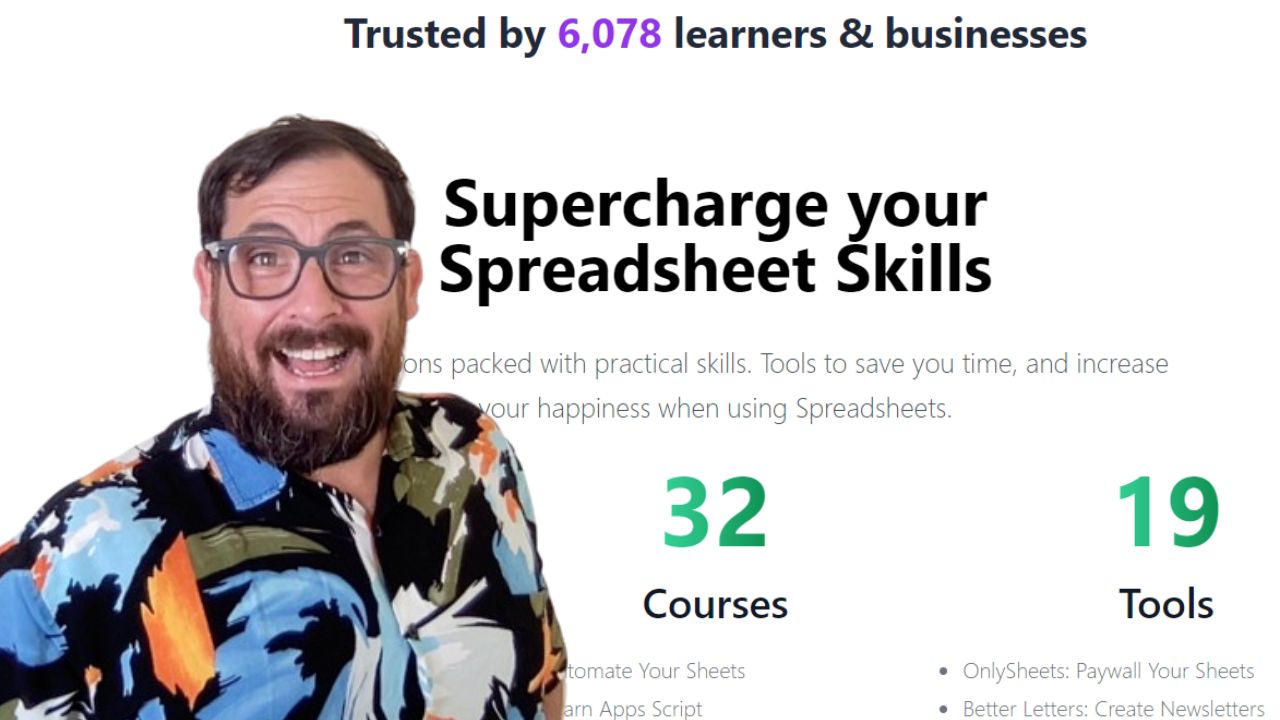[ad_1]
Whipsaw buying and selling in shares of regional banks this week made it clear the fallout from three federal financial institution seizures was removed from over. Some traders are betting in opposition to even seemingly wholesome banks like PacWest, and regulators are gearing as much as tack on new capital constraints for small and medium-size lenders.
Massive banks, though raking in cash, are going through their very own constraints, saddled with loans written earlier than rates of interest began rising.
Meaning companies giant and small might quickly have to look elsewhere for loans. And a rising cohort of nonbanks, which don’t take deposits — together with big funding corporations like Apollo International Administration, Ares Administration and Blackstone — are chomping on the bit to step into the vacuum.
For the final decade, these establishments and others like them have aggressively scooped up and prolonged loans, serving to to develop the non-public credit score trade sixfold since 2013, to $850 billion, in line with the monetary knowledge supplier Preqin.
Now, as different lenders decelerate, the massive funding corporations see a possibility.
“It truly is nice for gamers like us to step into the breach the place, you recognize, all people else has vacated the house,” Rishi Kapoor, a co-chief government of Investcorp, stated on the stage of the Milken Institute’s international convention this week.
However the shift in loans from banks to nonbanks comes with threat. Personal credit score has exploded partly as a result of its suppliers will not be topic to the identical monetary rules placed on banks after the monetary disaster. What does it imply for America’s loans to be shifting to less-regulated entities on the similar time the nation is going through a possible recession?
The rise of shadow banks
Establishments that make loans however aren’t banks are recognized (a lot to their chagrin) as “shadow banks.” They embrace pension funds, cash market funds and asset managers.
As a result of shadow banks don’t soak up deposits, they’re not topic to the identical rules as banks, which permits them to take higher dangers. And thus far, their riskier bets have been worthwhile: Returns on non-public credit score since 2000 exceeded loans within the public market by 300 foundation factors, in line with Hamilton Lane, an funding administration agency.
These massive returns make non-public credit score an interesting enterprise for establishments that after centered totally on non-public fairness, significantly when rates of interest had been low. Apollo, for instance, now has greater than $392 billion in its various lending enterprise. Its affiliate, Atlas SP Companions, recently provided $1.4 billion in cash to the beleaguered financial institution PacWest. Blackstone has $291 billion in credit score and insurance coverage property beneath administration.
Personal fairness corporations are additionally a few of shadow banks’ largest clients. As a result of rules restrict what number of loans banks can carry on their books, banks have stepped again from underwriting leveraged buyouts as they wrestle to promote debt that they dedicated earlier than rates of interest rose.
“We’ve demonstrated over time to be a dependable type of capital that’s actually emerged on the forefront, as banks, on this setting not less than, have retrenched,” Mark Jenkins, head of worldwide credit score at Carlyle, instructed DealBook.
Direct lending might get one other increase as regional banks pull again, significantly in business actual property like workplace buildings, the place landlords could also be seeking to refinance not less than $1.5 trillion in mortgage contracts over the subsequent two years, Morgan Stanley analysts estimate. America’s regional banks have accounted for about three quarters of those sorts of loans, Morgan Stanley’s analysis reveals.
“Actual property goes to should discover a new residence and I believe non-public credit score corporations are a pretty big place for that,” Michael Patterson, governing companion at HPS Funding Companions, instructed DealBook. Extra broadly, he stated: “Decreased credit score availability for corporates, giant and small, is a factor, and I believe non-public credit score is a giant a part of the answer.”
Untested territory
Direct lending at this scale has by no means been examined: Almost all its decade-long progress has occurred amid low-cost cash and out of doors the pressures of a recession. The trade’s opacity means it’s practically unattainable to know what fault traces exist earlier than they break.
On the similar time, shadow lenders are more and more extending credit score to corporations that conventional banks received’t contact, like small and midsize enterprises. “These aren’t essentially corporations with credit score rankings,” Cameron Joyce, the deputy head of analysis insights at Preqin, instructed DealBook.
And, whereas non-public credit score corporations market themselves as in a position to provide extra artistic credit score, and transfer quicker in doing so, that agility comes at a price. These corporations usually command the next fee and harder phrases than their extra conventional friends.
“Most of the new ‘shadow financial institution’ market makers are fair-weather mates,” Jamie Dimon, the chief government of JPMorgan Chase wrote in his latest annual letter. “They don’t step in to assist purchasers in powerful occasions.” Some fear that would imply swifter foreclosures on the companies that faucet their loans.
On Regulators’ radar
In Washington, shadow banks have been some extent of focus, if not fairly alarm, for years. As credit score situations tighten, they’re getting an excellent nearer look.
The I.M.F. has called for tougher regulatory oversight, and U.S. Treasury Secretary Janet Yellen stated final month that she needed to make it simpler to designate nonbanks as systemically necessary, which might allow regulators to tighten scrutiny.
However given the urgency of the regional financial institution disaster, there could also be little urge for food to additional disrupt what may very well be an more and more fragile monetary system.
“I don’t know that they pose the identical form of dangers that the large wipeout of a number of regional banks would pose,” Ron Klain, the previous White Home chief of workers, stated about shadow banks in an interview in April. “I believe it’s one thing that folks will hold their eyes on.”
Business insiders argue that many non-public credit score corporations are simply as pleasant to debtors and centered on repeat clients as banks are. These corporations don’t have any depositors, so solely their very own traders could be damage by a nasty guess, they are saying. As a result of they aren’t lending in opposition to buyer money — a type of leverage — they aren’t susceptible to a run on the financial institution.
“Our purchasers and counterparties have realized there may be inherent security in coping with us,” Blackstone’s chief government, Steve Schwarzman, instructed analysts in March. “We don’t function with the danger profile of monetary corporations which have fallen into bother, virtually all the time as a result of mixture of a extremely leveraged stability sheet and a mismatch of property and liabilities.”
However issues at non-public funds have up to now precipitated ache past the agency, like when Long Term Capital Management collapsed in 1998, bringing down markets throughout the globe. The extra shadow banks lend to one another, the extra interconnected they develop into, augmenting the danger of a cascading impact that would ripple into the broader financial system.
“They may say, ‘we’ve got an excellent management on our threat,’ however you generate these returns by some means — these larger returns,” stated Andrew Park, a senior coverage analyst on the advocacy group Individuals for Monetary Reform. “There isn’t a free lunch on that.”
Bernhard Warner contributed reporting.
Thanks for studying! We’ll see you Monday.
We’d like your suggestions. Please e mail ideas and strategies to [email protected].
[ad_2]
Source link





















